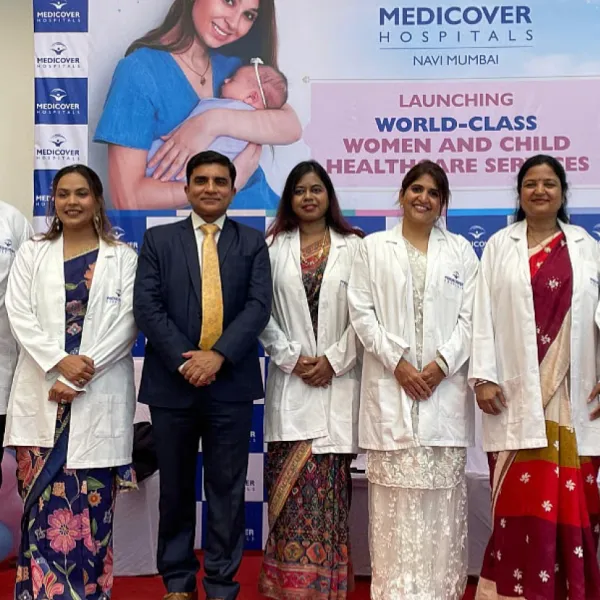Biotech Giant Biogen Plots New Global Headquarters in Kendall Square, to Relocate by 2028

The US-based biotechnology firm plans to relocate its Cambridge-based employees to the new site upon its anticipated opening in 2028, aligning with Biogen's 50th anniversary.
US-based biotech player Biogen has entered into a 15-year lease agreement for a building at Kendall Common in Cambridge, which will become the company's new global headquarters.
The biotechnology firm plans to relocate its Cambridge-based employees to the new site upon its anticipated opening in 2028, aligning with Biogen's 50th anniversary.
The lease agreement was made with a newly formed joint venture involving the MIT Investment Management Company and BioMed Realty, a life sciences developer under Blackstone Real Estate, as stated by Biogen in a press release
The 580,000 sq-ft space will feature laboratories and advanced workspaces to promote collaboration among technical, commercial, and R&D teams. It will also have sustainable features like water conservation and energy-efficient systems.
With this move, Biogen seeks to consolidate its real estate operations in Massachusetts and strengthen its presence in Kendall Square.
"Biogen is embarking on a new chapter in the very heart of the community that has shaped our success," said CEO Christopher Viehbacher in a statement.
Massachusetts Governor Maura Healey expressed her excitement for Biogen's new chapter, emphasizing the company's significant role in the state's life science ecosystem over nearly 50 years.
Biogen's Recent Developments
Recently, Biogen announced the start of dosing in its global clinical trial, TRANSCEND. This Phase 3 study assesses the efficacy and safety of the investigational drug Felzartamab, comparing it to placebo in adult kidney transplant recipients diagnosed with late antibody-mediated rejection (AMR).
In February, Biogen and Stoke Therapeutics announced a collaboration to develop and commercialize Zorevunersen, a potential disease-modifying therapy for Dravet syndrome, in regions outside the United States, Canada, and Mexico. Zorevunersen, an investigational antisense oligonucleotide (ASO), targets the SCN1A gene, the primary cause of most Dravet syndrome cases.
On the work front, Biogen is promoting four newly launched drugs to counter a decline in its profitable but waning multiple sclerosis business. After generating $9.7 billion in total sales last year, the company anticipates its 2025 revenue to decrease by a mid-single-digit percentage.
Stay tuned for more such updates on Digital Health News.
Stay tuned for more such updates on Digital Health News





























